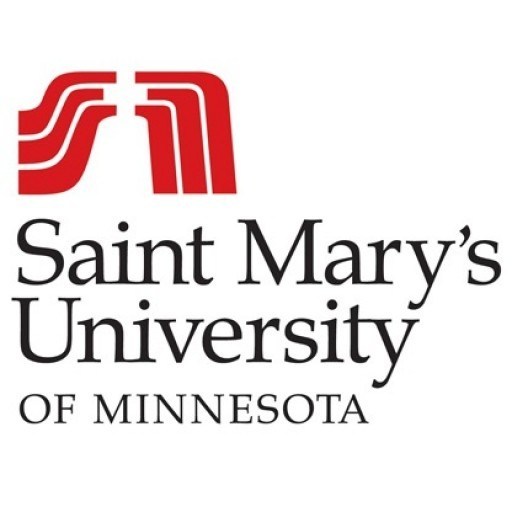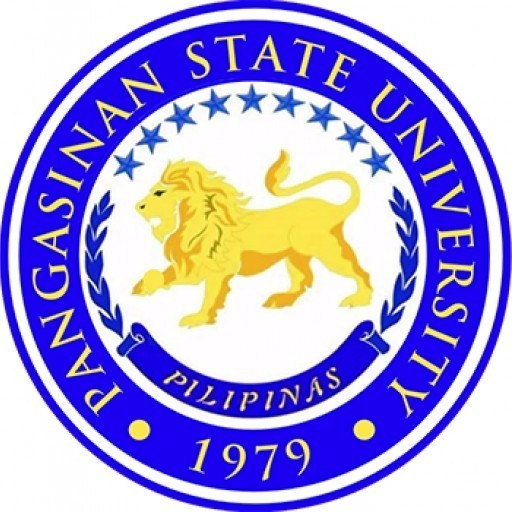The Bachelor of Science in Computing and Information Systems at Saint Mary's University offers students a comprehensive education designed to prepare them for the dynamic and evolving field of information technology. This program combines core principles of computing with practical applications in information systems, providing students with a balanced blend of theoretical knowledge and hands-on experience. Throughout the course of study, students will explore fundamental areas such as programming, database management, systems analysis and design, networking, cybersecurity, and web development. The curriculum emphasizes critical thinking, problem-solving skills, and the ability to adapt to new technologies, ensuring graduates are well-equipped to meet the demands of the IT industry. Students have opportunities to work on real-world projects, collaborate in teams, and engage with industry-standard tools and software. In addition to technical training, the program encourages the development of effective communication, project management, and ethical considerations related to computing. Saint Mary's University fosters a supportive learning environment, with experienced faculty dedicated to mentoring students and facilitating research opportunities. Graduates of this program are prepared for various career paths including software development, systems analysis, network administration, cybersecurity, database administration, and consulting roles. They are also well-positioned to pursue further education or professional certifications in specialized areas of computing. The program's mission is to produce skilled, innovative, and responsible computing professionals who can contribute to technological advancement and problem-solving in diverse sectors. With a strong foundation in both theoretical concepts and practical skills, students graduate ready to tackle complex challenges in the information technology landscape.
The Bachelor of Science in Computing and Information Systems at Saint Mary's University provides students with a comprehensive education in the fundamental principles and practical applications of computing technologies and information management. The program is designed to equip students with the skills necessary to analyze organizational information needs, develop effective information systems, and implement technological solutions that support business functions and strategic objectives. Throughout the course of study, students will engage with a diverse curriculum covering programming, database management, systems analysis and design, networking, cybersecurity, and emerging technologies such as cloud computing and data analytics.
The program emphasizes both theoretical foundations and practical experience, ensuring graduates are well-prepared to enter the rapidly evolving information technology industry. Students will learn programming languages such as Java, Python, and SQL, and how to develop, test, and maintain software applications. The curriculum also includes modules on system development life cycle, project management, and user interface design, providing a holistic understanding of how information systems are created and managed in real-world environments. Furthermore, students will explore the ethical and legal considerations surrounding information security, privacy, and data protection.
Saint Mary's University also offers opportunities for experiential learning through internships, cooperative education placements, and project-based assignments. These experiences enable students to apply their knowledge in practical settings, collaborate with industry professionals, and develop critical problem-solving skills. The program fosters teamwork, communication, and analytical thinking, preparing graduates to serve as effective IT specialists or move into managerial roles within various organizations.
Upon graduation, students will be equipped to pursue careers in software development, systems analysis, database administration, cybersecurity, IT consulting, and other related fields. The program aims to produce well-rounded computing professionals who can adapt to technological advancements and contribute to the digital transformation of organizations across sectors. With a focus on innovation, technical proficiency, and strategic thinking, the Computing and Information Systems program at Saint Mary's University provides a solid foundation for a dynamic and rewarding career in information technology.
Program requirements for the Computing and Information Systems Bachelor's Degree at Saint Mary's University include a combination of core courses, electives, and project work designed to develop students' technical skills and understanding of information systems. Applicants must have completed secondary education with a strong emphasis on mathematics and computer science. A minimum GPA may be required, along with specific prerequisite courses such as introductory programming, mathematics, and computer science fundamentals. English language proficiency tests like TOEFL or IELTS are often necessary for international applicants. The curriculum includes foundational courses in programming languages, database systems, networking, and systems analysis, followed by advanced topics such as cybersecurity, software development, data management, and cloud computing. Students are encouraged to participate in internships and co-op placements to gain practical experience. A capstone project is typically part of the final year, requiring students to solve real-world problems using their acquired skills. Additionally, some programs may require students to complete general education courses in communication, ethics, and management. Successful completion of approximately 120 credit hours over the duration of the program is necessary for graduation. The program emphasizes teamwork, problem-solving, and critical thinking, preparing graduates for careers in information technology, system analysis, software development, and consulting. Admission criteria may also consider extracurricular activities, relevant work experience, and personal statements demonstrating motivation and interest in the field. The program’s structure is designed to meet industry standards and ensure graduates are well-equipped for the evolving technology landscape.
Financing studies for the Computing and Information Systems program at Saint Mary's University typically involve a combination of scholarships, bursaries, student loans, and work opportunities. The university offers a range of merit-based scholarships to both domestic and international students, which are awarded based on academic achievement, leadership qualities, and extracurricular involvement. These scholarships can significantly reduce the overall cost of education and are available to incoming students who demonstrate outstanding potential in the field of computing and information systems.
Bursaries are also available for students demonstrating financial need. Applicants must provide documentation to substantiate their financial situation, and these bursaries help ensure that qualified students from diverse backgrounds have access to quality education. Saint Mary's University participates in provincial and federal loan programs, allowing eligible students to borrow funds to cover tuition fees, living expenses, and other costs associated with their studies. These student loans typically have favorable repayment terms and low interest rates compared to commercial loans.
Part-time employment opportunities are available both on-campus and off-campus, providing students with the chance to earn income while gaining relevant work experience. The university’s Career Development Centre assists students with job placement and internship opportunities in the IT and computing sectors, facilitating practical experiences that complement academic learning. Many students also receive support through work-study programs or cooperative education (co-op) options, which enable them to work in professional environments related to their field of study during their academic term, further defraying costs and building industry connections.
International students may have access to additional funding sources, including government scholarships and international student grants. The university’s financial aid office provides personalized counseling to help students navigate available options and apply for funding sources early to secure necessary resources. Overall, the financing studies for this program are designed to be flexible and supportive, enabling students to focus on their academic success and professional development without undue financial stress.
The Bachelor of Computer Science in Computing and Information Systems at Saint Mary's University is a comprehensive undergraduate program designed to equip students with essential knowledge and skills in the rapidly evolving fields of computing and information technology. The curriculum balances theoretical foundations with practical applications, ensuring graduates are well-prepared for careers in software development, systems analysis, network administration, cybersecurity, data management, and other IT-related disciplines. The program typically spans four years, offering a broad-based education that includes courses in programming, algorithms, data structures, database management, computer architecture, networking, and information security. Students also have opportunities to engage in hands-on projects, collaborate in team-based environments, and participate in internships to gain real-world experience. The program emphasizes critical thinking, problem-solving, and effective communication, vital skills in today’s digital economy. Saint Mary’s University also encourages students to specialize through elective courses or minors in areas such as multimedia, mobile computing, or business information systems. Faculty members are experienced professionals and researchers dedicated to providing quality education and mentorship. The university promotes an inclusive learning environment, fostering innovation and adaptability in its graduates. Upon completion, students are prepared to pursue careers in IT consulting, systems development, network management, or continue their education through graduate studies. The program aligns with industry standards and often incorporates current technological advancements to ensure relevance in an ever-changing digital landscape.

